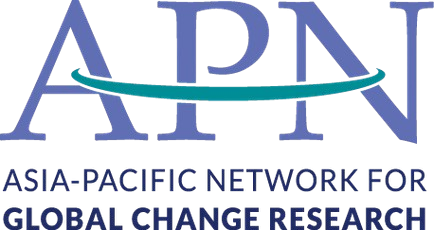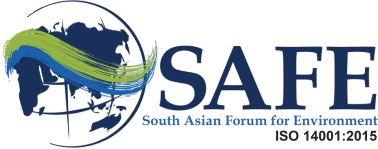Tidal Transformations: Building Climate-Adaptive Aquaculture Systems in the Indian Sundarbans
A multi-stakeholder webinar titled 'Tidal Transformations: Building Climate-Adaptive Aquaculture Systems in the Indian Sundarbans' was organized on November 4, 2025. Supported by the Asia-Pacific Network for Global Change Research (APN) and organized by the South Asian Forum for Environment (SAFE) in association with the Progyan Foundation for Research and Innovation (PFRI), the webinar served as a critical regional platform for identifying climate adaptation strategies and collaborative solutions for sustainable aquaculture development in India's most vulnerable coastal ecosystem.
The event brought together leading aquaculture specialists and coastal community representatives from the Indian Sundarban to discuss region-specific climate challenges, technological innovations, and policy frameworks for transforming traditional aquaculture practices in the Sundarbans delta.
Key findings of the webinar
Salinity intrusion and temperature fluctuations are severely disrupting fish reproduction cycles, with native species demonstrating differential tolerance thresholds.
Integrated Mangrove-Aquaculture Systems (IMAS) provide optimal climate resilience while maintaining economic viability through tidal nutrient cycling.
Multi-stakeholder coordination remains fragmented despite successful pilot demonstrations, with policy gaps between forest, fisheries, and coastal management agencies limiting scalable implementation
Climate-adaptive aquaculture systems sustain approximately 70% of traditional farm income while providing enhanced ecosystem services and storm protection benefits.
Species diversification toward euryhaline fish species like Scatophagus argus and Penaeus monodon offers resilience against unpredictable salinity fluctuations in deltaic conditions.
The outcomes of the project are expected to inform integrated coastal zone management policies and provide actionable frameworks for scaling climate-adaptive aquaculture systems across vulnerable deltaic regions of South Asia.



